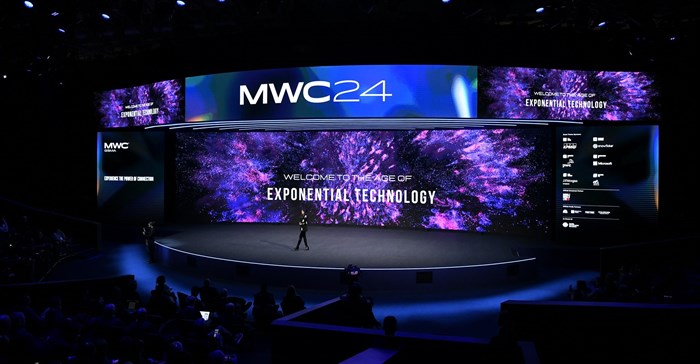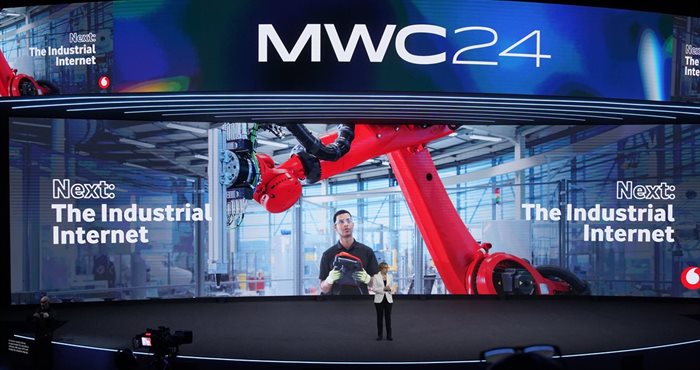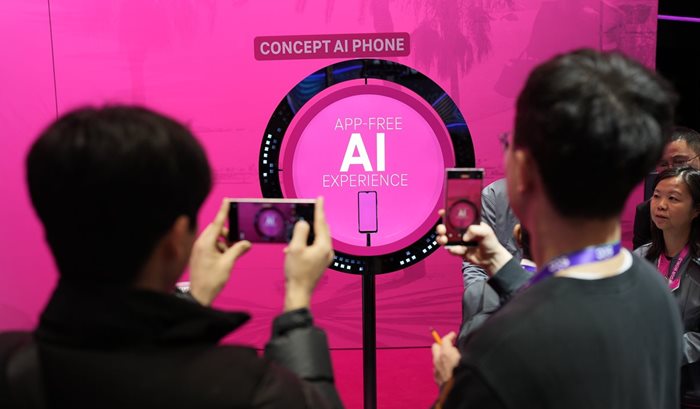
The GSMA Open Gateway API program has spurred the development of standardized APIs, granting developers access to network capabilities across various operators and countries.
This open-source approach fosters collaboration and innovation, enabling the creation of new applications and services that leverage existing network infrastructure. Companies like AWS, Microsoft, and Nokia are actively commercialising these APIs, accelerating their adoption by developers.
Network exposure, the process of making network capabilities accessible to third parties, is crucial for the development of 5G and future 6G services.
It facilitates the creation of a unified ecosystem and enables the monetisation of network investments. However, ensuring network security and managing the complexity of disaggregated networks remain challenges that need to be addressed.

Environmental concerns are a top priority for telco operators. MWC saw a plethora of announcements focused on sustainable network deployments and energy-efficient technologies.
The rise of cloud technologies offers network operators significant advantages. Cloud infrastructure allows for efficient network management, improved scalability, and lower operational costs.
Additionally, it promotes sustainability by minimising the environmental impact of data centres. Major players like AWS and Tata Elxsi are making significant strides in cloud-based network solutions.

Artificial intelligence (AI) is rapidly transforming the telco landscape. MWC showcased various AI applications, from Deutsche Telekom's AI-powered smartphone that eliminates the need for apps to SKT and NTT Docomo's development of AI for energy-efficient 6G networks.
While AI offers immense potential, collaboration and responsible development are crucial to mitigate potential risks associated with generative AI.
Apple's commitment to supporting RCS messaging through Universal Profile for RCS on iOS devices is a gamechanger.
This will significantly increase the user base for RCS, enhancing its value proposition for enterprises seeking richer communication channels with consumers.
The widespread adoption of eSIM technology is disrupting the traditional SIM card market. The launch of eSIM-only smartphones and the development of eSIM management services by mobile operators are accelerating consumer adoption.
Additionally, iSIMs hold promise for the burgeoning Internet of Things (IoT) market, enabling seamless connectivity for various industrial applications.
The trends highlighted at MWC paint a promising picture for the future of the telco industry. Open APIs, cloud-based solutions, AI, and sustainable practices are paving the way for a more innovative, efficient, and environmentally conscious telco landscape.

Initiatives like Nokia's deep sleep mode for radio equipment and China Mobile's invisible antennas exemplify this commitment.
However, challenges related to network security, monetisation of 5G, and responsible AI development need to be addressed to fully unlock the potential of these advancements.
